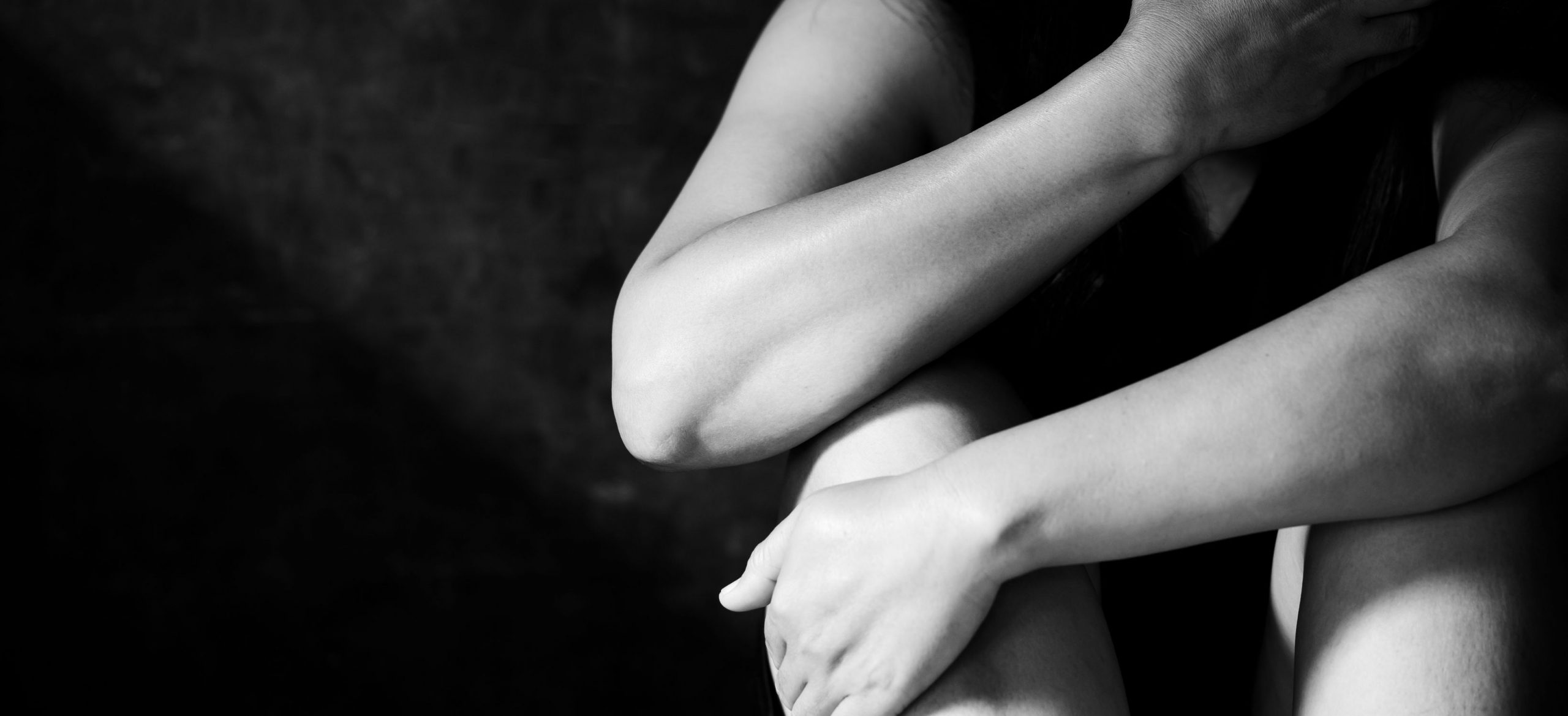How to Protect Your Children From Sexual Abuse
Kevin Biniazan—September 29, 2022

Around one in nine girls and one in 52 boys will be subjected to sexual abuse before their 18th birthday. The impact of this abuse can last a lifetime.
Sexual abuse victims are four times more likely than non-victims to develop PTSD or substance use issues and are three times more likely to experience a major depressive episode.
The more you know about sexual abuse the better you’ll be able to protect your child and the other children in your life. Below, we discuss some of the things to watch out for, as well as steps you can take if you suspect your child or another loved one has suffered sexual abuse.
Jump Ahead
- What is Sexual Abuse?
- Warning Signs of Sexual Abuse
- Sexual Abuse Risk Factors
- Protecting Your Child from Sexual Abuse
- What to Do If You Suspect Sexual Abuse
What is Sexual Abuse?
Child sexual abuse, often called child molestation, encompasses any sexual contact with a child. This may include:
- Sexual touching or fondling of a child’s genitals
- Putting objects or body parts in a child’s mouth, anus, or vagina
- Exposing one’s genitals to a child
- Masturbating or having sex in front of a child
- Forcing a child to masturbate
- Taking any photos of a child in a sexual way
- Watching pornography in front of a child or forcing the child to watch
- Watching a child undress without the child’s knowledge
- Sending sexual texts or chats to a child (“sexting”)
Because children can’t legally consent to sex, these actions are child molestation even if the child didn’t fight back or say no.
Warning Signs of Sexual Abuse
Sexual abuse often goes unreported. The perpetrator may threaten the victim into silence, or the victim may feel ashamed or afraid to disclose the abuse to others.
Parents should be on the lookout for some of the most common signs of sexual abuse.
These warning signs fall into three categories: physical, behavioral, and emotional. They may also be subtle or hard to catch.
For example, a child may make minor comments to test the reaction of trusted adults, like saying they find someone “weird” or they don’t like spending time with them. Being receptive and asking open-ended questions may reveal more information.
Specific examples of each type of warning sign are:
Physical
- Blood in the underwear
- Torn underwear
- Frequent UTIs or yeast infections
- Any unusual bruising, swelling, irritation, or injuries to the genitals
- Complaints of pain, itching, or burning in the genitals
- Difficulty sitting or walking
- Bowel and bladder problems
- A diagnosis of sexually transmitted disease (STD) or sexually transmitted infection (STI)
Behavioral
- Habit regression (reverting back to younger behaviors like bed-wetting, baby talk, or thumb sucking)
- Nightmares
- Shying away from being touched
- Acting or speaking in a sexually aggressive way
- Changes in hygiene
- Angry outbursts
- Changes in clothing style
- Running away from home
- Avoiding certain people
- Declining grades or reports of poor school behavior
- Self-harm or threats of self-harm
- Suicidal thoughts
Some of these behavioral signs or changes may be nothing to worry about in isolation. However, a combination of several of these signs may indicate that something more serious is going on.
Emotional
- Guilt
- Shame
- Hopelessness
- Poor self-esteem
- Anger
- Depression
- Anxiety
Again, these emotions can sometimes be present even without any abuse. But if any of these feelings seem to come on suddenly or if they impact your child’s behavior or the way they interact with others, it’s worth probing further to get to the root of the issue.
Sexual Abuse Risk Factors
Sexual abuse can happen to anyone. It strikes all communities: wealthy and working class, urban and rural. But while sexual abuse isn’t limited to a particular group, a few factors can increase an individual’s risk of abuse:
Chaotic home environment
Children who have unstable surroundings may be more vulnerable to promises of safety and security. Sexual predators often hone in on children who have stressful home lives, working to groom and isolate them so they’re less likely to report that this abuse is happening.
Poor self-esteem
Much like children from chaotic households, children who have low self-esteem can be vulnerable to the effects of flattery, gift-giving, and undivided attention—all common tactics used by sexual abusers.
Abuse is all about violating boundaries, and those with poor self-esteem may not feel they deserve the same respect and boundaries others enjoy.
Unlimited or unsupervised technology access
The internet has expanded the pool of potential sexual abuse victims, and even devices with child-proofing software may not be completely safe.
Keep a close watch on your child’s internet access and monitor the messages that are sent and received to ensure that communications are appropriate. Another rule of thumb is to not allow your child to “friend” anyone online they don’t also know in person.
Identifying as LGBTQ+
Children without a strong support system or who feel separated from their peers are more likely to fall victim to someone who appears to offer support, even if this support comes at a high price.
Those who identify as LGBTQ+ may worry about how their parents or peers will react to their sexuality or feel as though no one understands them, rendering them more vulnerable to a predator’s advances.
You may notice a theme in these risk factors—they all stem from isolation.
Protecting Your Child from Sexual Abuse
Protecting children from sexual abuse starts at home.
In order to start a conversation and allow your child to feel comfortable enough to open up to you, you should:
- Know the warning signs of abuse
- Pay attention to your child’s behavior
- Monitor their emotions
- Spot and address any changes
Other ways to help protect your child from abuse include:
- Having difficult conversations with your child about your concerns and fears
- Ensuring your child knows the accurate name for body parts, especially genitals
- Always heeding your instincts and removing your child from any situation where another person is making them uncomfortable
- Maintaining open lines of communication with your child
- Educating your child to be confident and assertive when it comes to saying “no”
What to Do If You Suspect Sexual Abuse
If you suspect a child is being abused, you should contact the police immediately. Your child’s statement may be critical to ensuring that the perpetrator is caught and prosecuted.
If your child has disclosed sexual abuse to you, believe them. Be supportive and encouraging if a child reports an incident.
Don’t confront the perpetrator yourself or try to take the law into your own hands. Doing this won’t help you or the victim feel any better, and is only likely to complicate any legal avenues you pursue.
A civil lawsuit against the abuser can help your child recover the compensation they need to heal and move forward. To learn more, contact the expert sexual abuse attorneys at Breit Biniazan for professional legal representation.
By Kevin Biniazan
Partner
Kevin is a trial attorney who passionately represents individuals injured or harmed by the carelessness of others. Between jury trials and settlements, Kevin has secured more than $100 million for his clients in his first five years of practice.
Categories:
Office Locations
Related Posts
Categories
We are personal injury attorneys
Fill out our contact form to speak to our experienced Virginia trial attorneys. Breit Biniazan has helped recover millions of dollars in cases. Learn how we can help you today.
